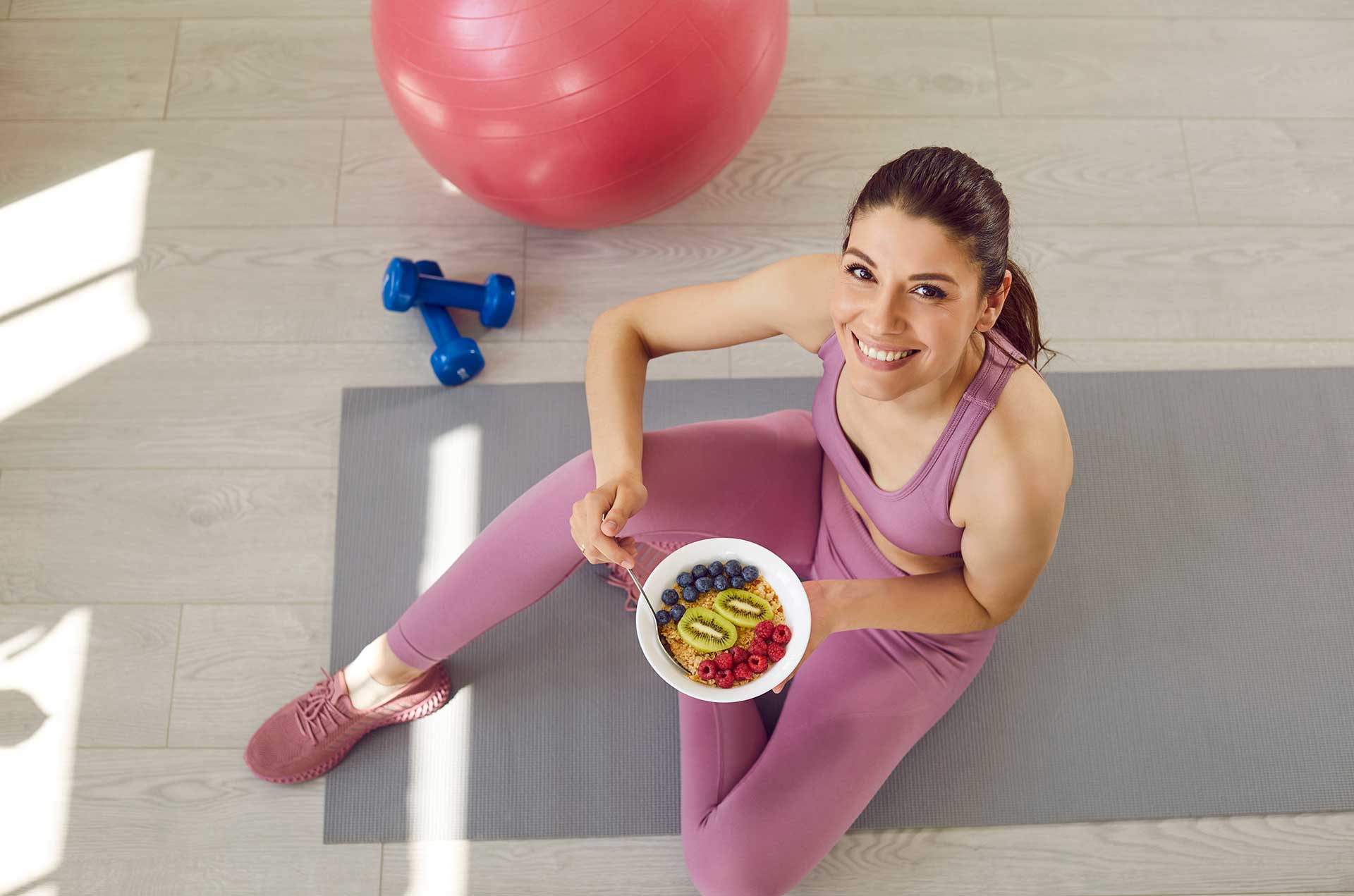Healthy Snacking Ideas for Sustained Energy During Sports Activities
- 26 August 2024
What you eat can significantly impact your ability to train, perform, and recover effectively. Healthy snacking plays a crucial role in this equation, providing athletes with the necessary fuel to sustain energy levels, optimize workouts, and support overall well-being. From pre-workout preparations to post-exercise recovery, understanding the nuances of nutrient timing and snack choices can make a substantial difference in achieving peak athletic performance.
Importance of Healthy Snacking
Healthy snacking isn't just about curbing hunger—it's a strategic approach to maintaining blood sugar levels, preventing overeating, and supporting mental alertness throughout the day. Athletes benefit from snacks that balance carbohydrates for energy, proteins for muscle repair, and fats for sustained satiety. By fueling the body consistently, athletes can avoid energy dips and optimize performance during training sessions and competitions alike.
Snack Types
Navigating the array of snack options can be daunting. Depending on the timing and intensity of your workout, choosing the right snack is crucial. For instance, light snacks like fresh fruits or yogurt are ideal for maintaining energy levels on rest days or low-intensity training days. On the other hand, moderate snacks such as trail mix or yogurt smoothies provide a balance of carbohydrates and proteins to fuel workouts and aid in recovery. For high-intensity training days, heavier snacks like sandwiches or protein-rich meals replenish glycogen stores and support muscle repair.
How to Prepare a Healthy Snack at Home
Creating nutritious and healthy snacks at home doesn't have to be complicated. Following a simple guideline like the "greens + whole grain + source of protein" model ensures a balanced snack that satisfies hunger and supports athletic goals. Examples include whole-grain toast with avocado and turkey or yogurt with berries and granola. These snacks are not only delicious but also easy to prepare, making them convenient options for busy athletes.
When to Choose Whole Grains Versus Refined Foods
The choice between whole grains and refined foods depends on your activity level and timing of consumption. Whole grains like oats or quinoa provide sustained energy release, making them suitable for meals or snacks before periods of prolonged activity. In contrast, simple sugars found in refined foods like white bread or sugary snacks offer quick energy boosts, ideal for immediate pre-workout fuel.
When to Snack
Timing your healthy snacks strategically can maximize their impact on performance. Pre-workout snacks should be light, high in carbohydrates, and low in fat to prevent discomfort during exercise. Post-workout snacks should prioritize protein and carbohydrates to aid muscle recovery and replenish glycogen stores. Snacking throughout the day helps maintain consistent energy levels and prevents overeating at main meals, supporting overall energy balance and performance sustainability.
Example Meals
Breakfast
- Oatmeal with Berries and Nuts: Cooked oats topped with fresh berries (like strawberries or blueberries) and a handful of almonds or walnuts. Sweeten with honey or maple syrup if desired.
Lunch
- Grilled Chicken Salad: Grilled chicken breast over a bed of mixed greens (spinach, arugula, lettuce) with cherry tomatoes, cucumber slices, and a light vinaigrette dressing.
Dinner
- Baked Salmon with Quinoa and Steamed Vegetables: Oven-baked salmon fillet seasoned with herbs, served with quinoa and a side of steamed broccoli, carrots, and snap peas.
Healthy Snack Ideas
Light Snacks
- Yogurt with Fresh Fruit: Plain yogurt topped with slices of banana and a sprinkle of chia seeds.
- Vegetable Sticks with Hummus: Carrot and celery sticks served with a small bowl of hummus for dipping.
Moderate Snacks
- Whole Grain Toast with Avocado: Whole grain toast topped with mashed avocado and a poached egg.
- Trail Mix: A mix of nuts (almonds, cashews, walnuts), seeds (pumpkin, sunflower), and dried fruits (raisins, cranberries).
Heavy Snacks
- Turkey and Cheese Sandwich: Whole grain bread filled with sliced turkey breast, lettuce, tomato, and a slice of cheese.
- Quinoa Salad: Quinoa mixed with diced bell peppers, cucumber, feta cheese, and a drizzle of olive oil and lemon juice.
Additional Snack Tips
- Smoothies: Blend fruits (like berries, and bananas) with yogurt or protein powder for a quick and nutritious snack.
- Cottage Cheese with Fruit: Cottage cheese paired with pineapple chunks or sliced peaches provides a balance of protein and natural sweetness.
- Rice Cakes with Nut Butter: Brown rice cakes topped with almond or peanut butter make for a satisfying and crunchy snack option.
Healthy snacking is a cornerstone of athletic nutrition, providing essential nutrients to optimize performance, support recovery, and maintain overall health. By understanding the importance of nutrient timing, choosing appropriate snack types, and preparing balanced snacks at home, athletes can effectively fuel their bodies for success.





